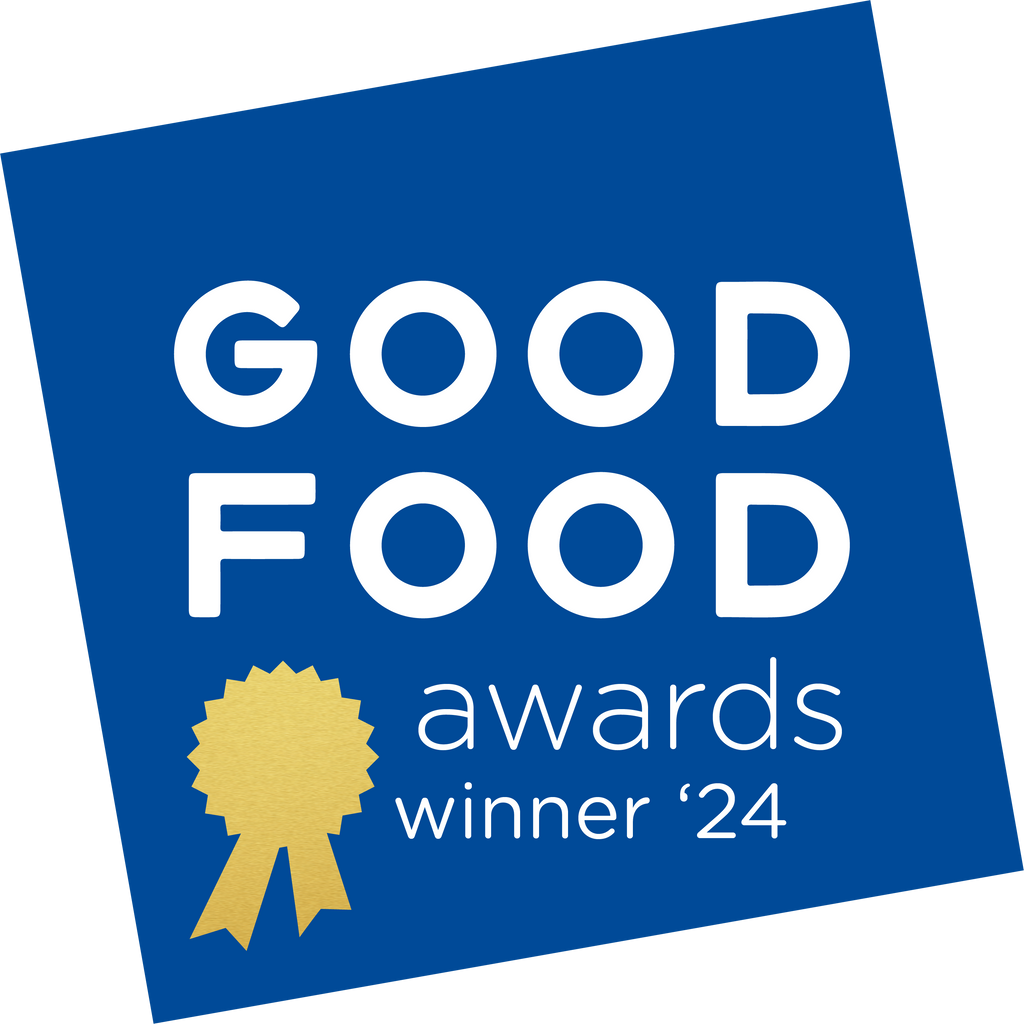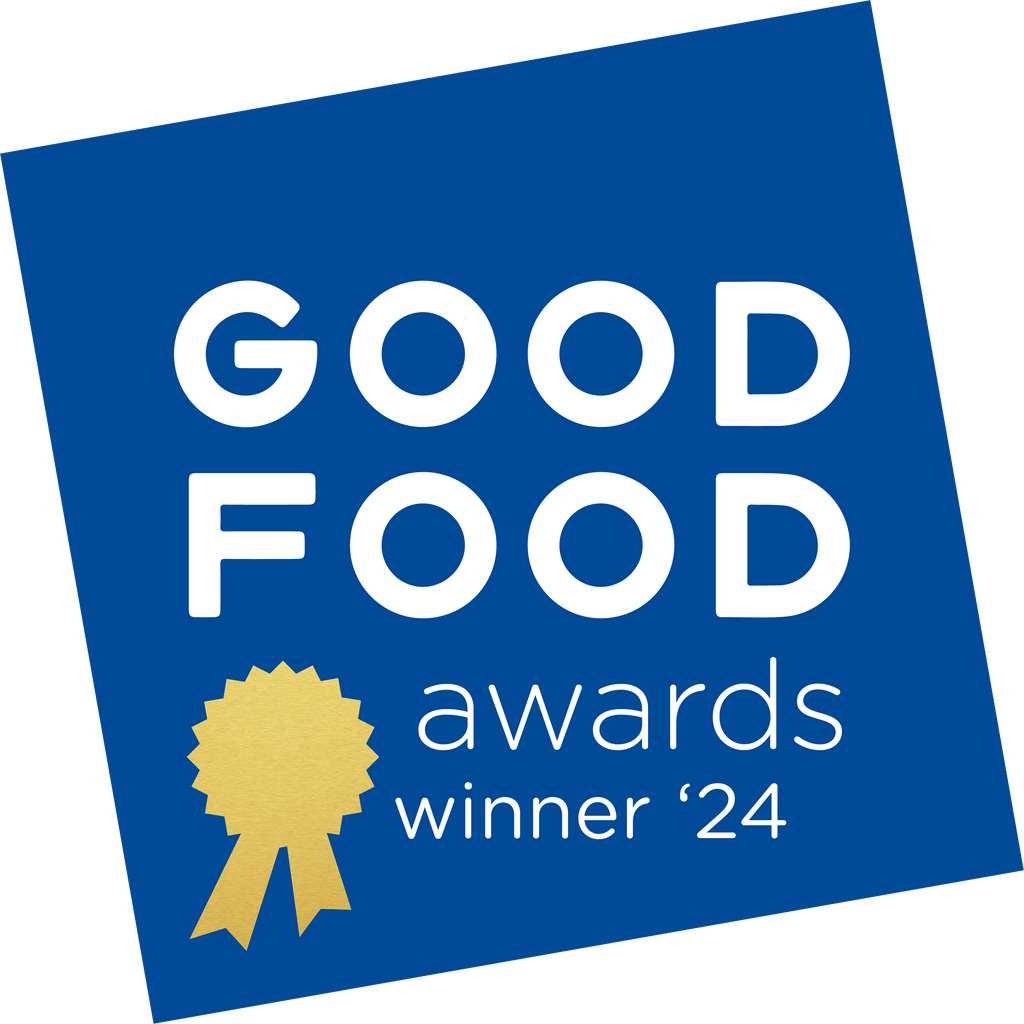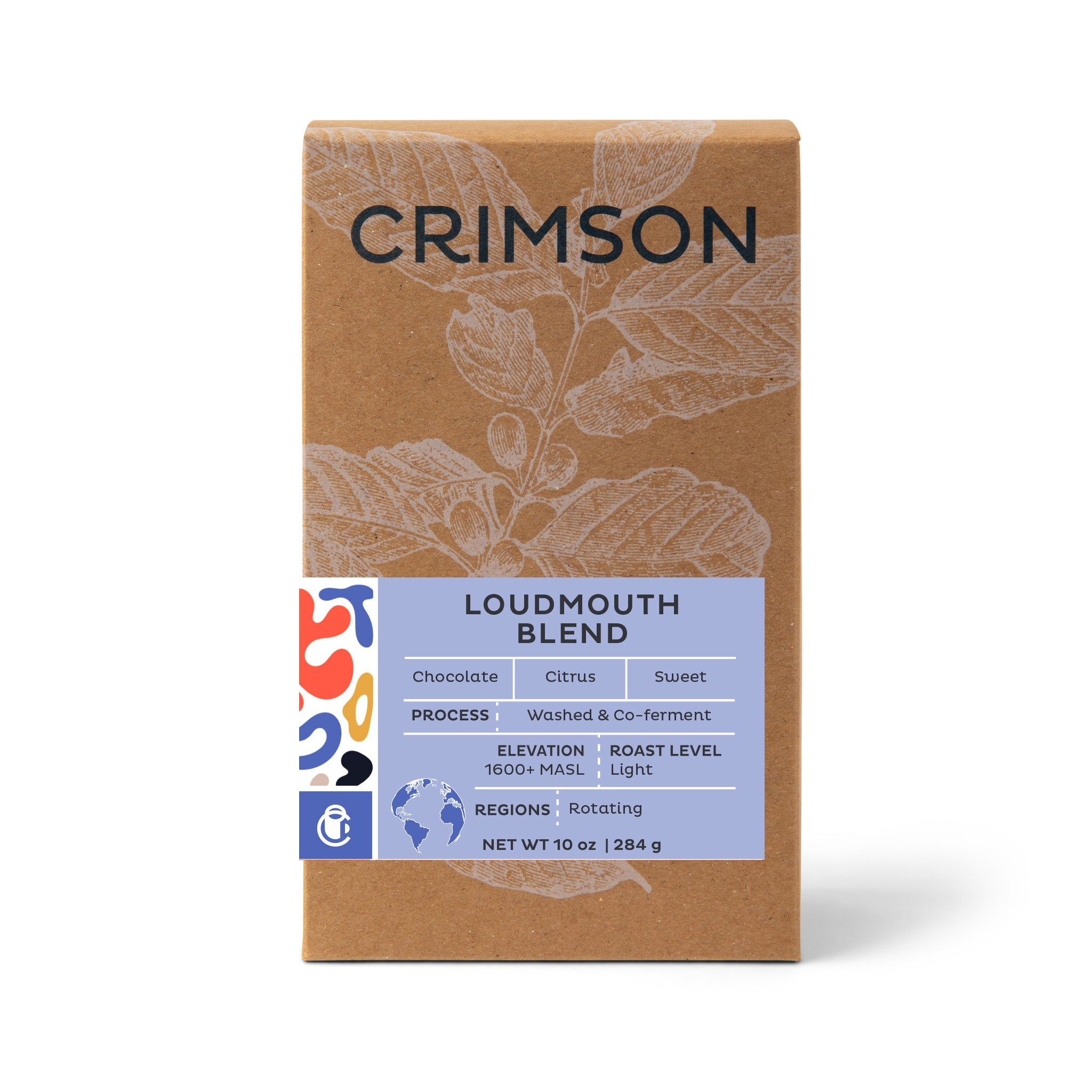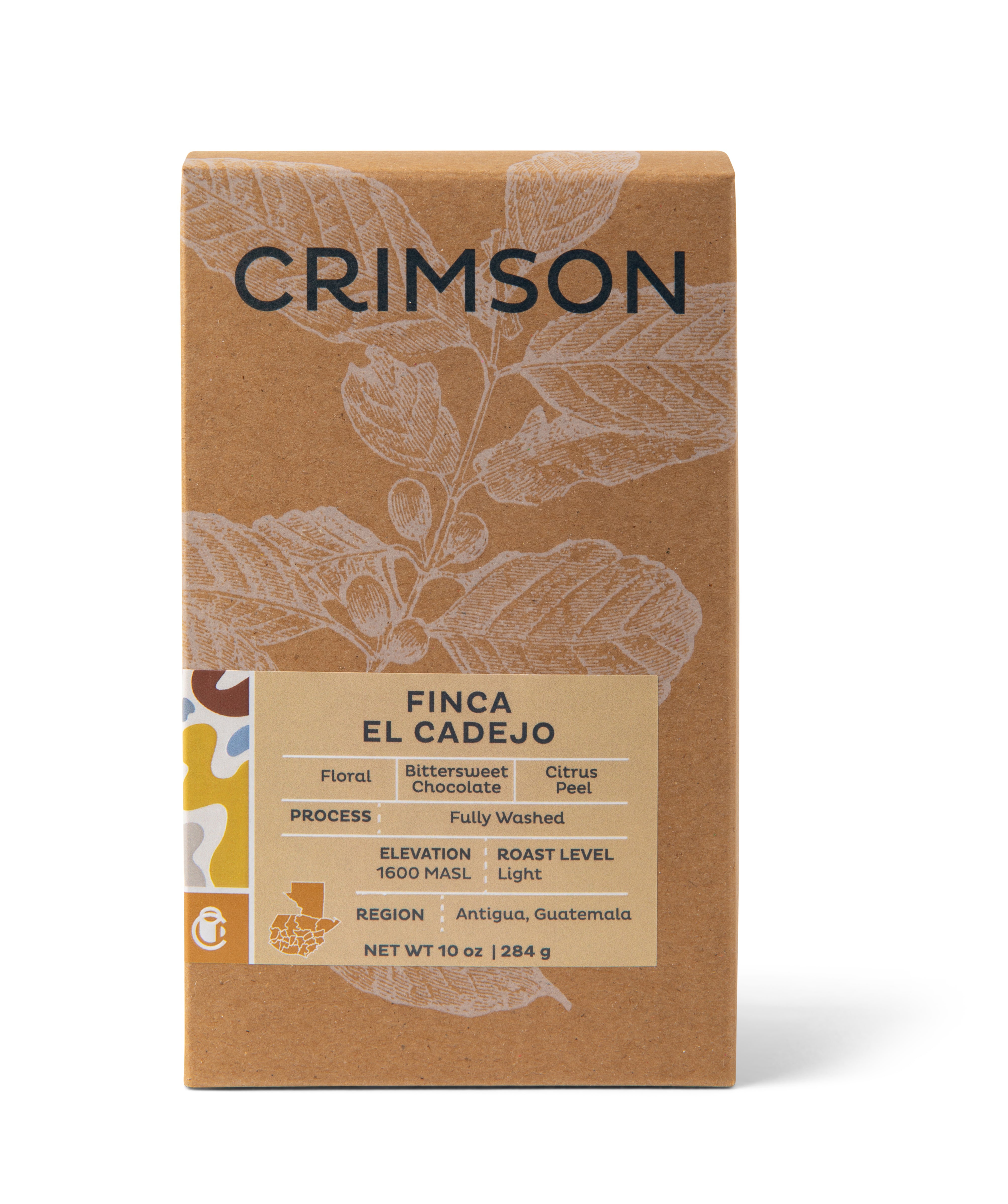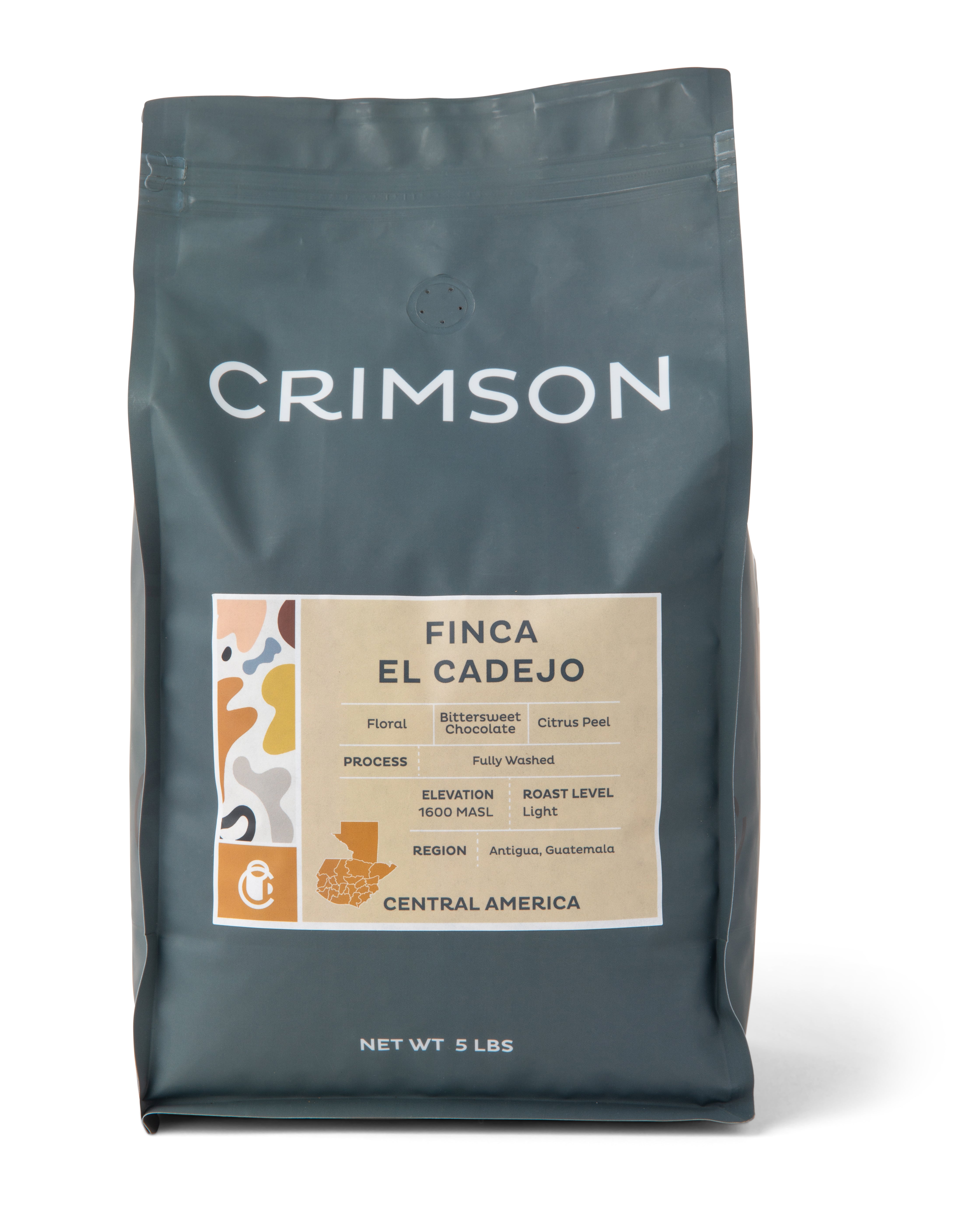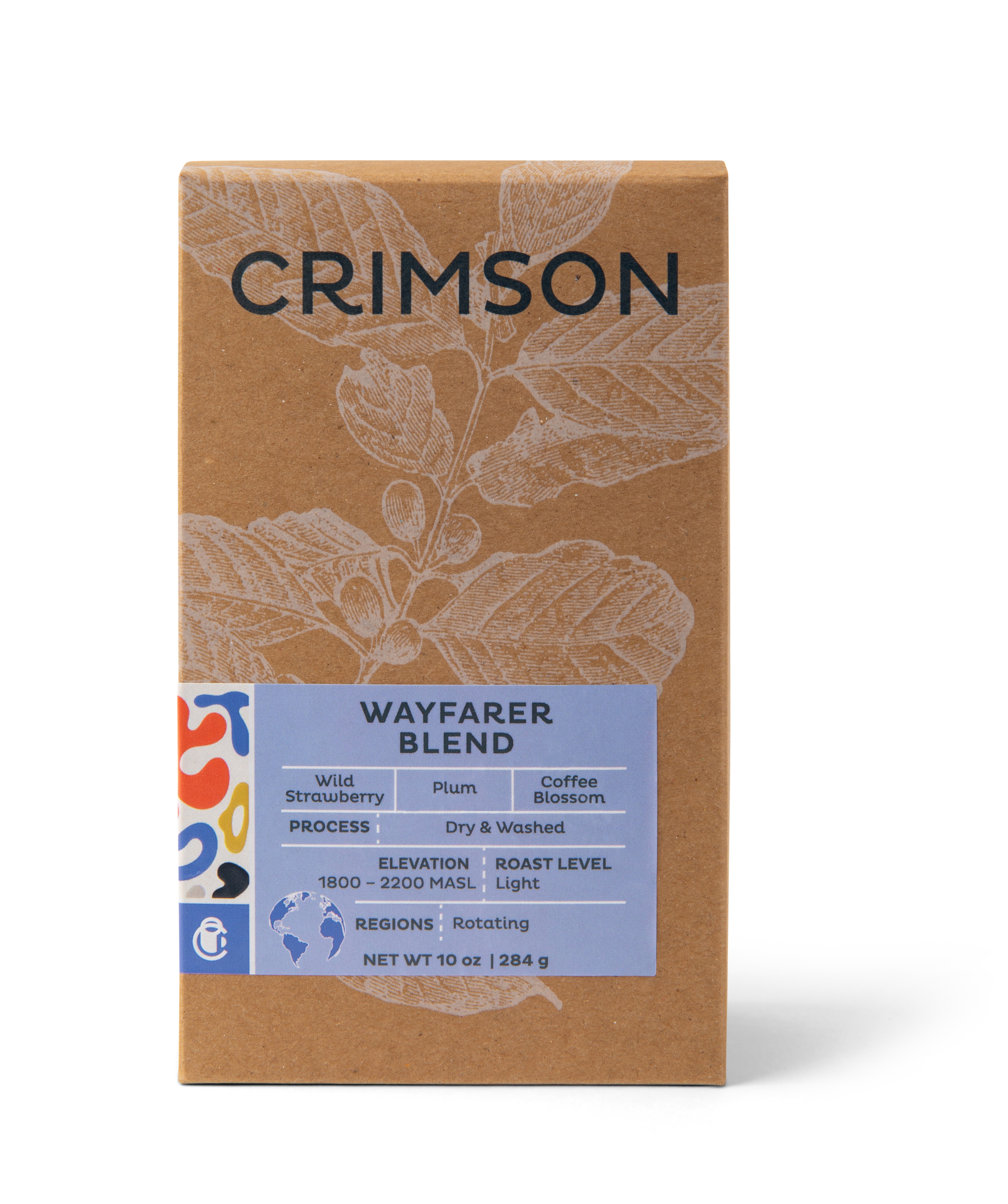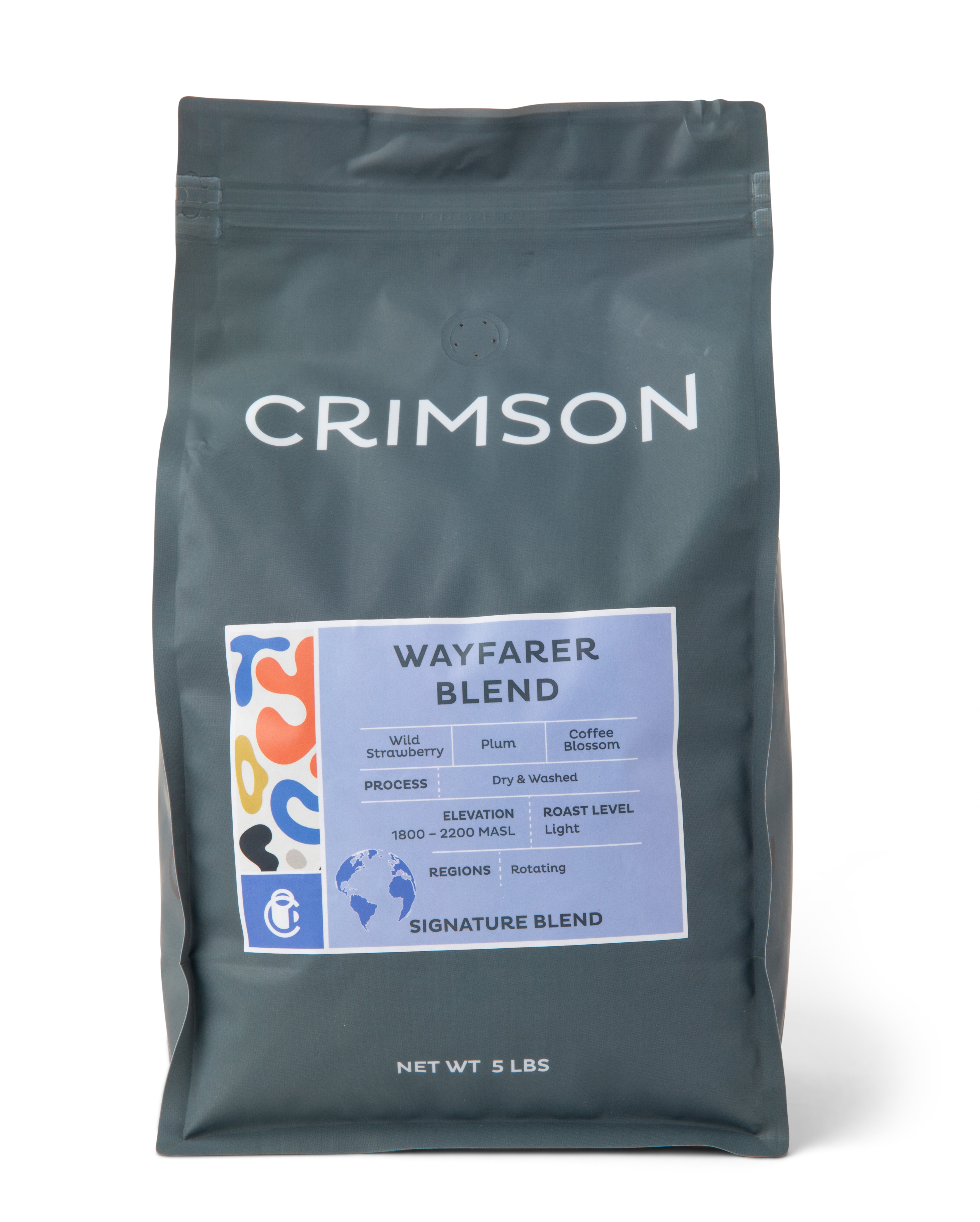
Let’s Talk Decaf

In a world that runs on caffeine, it can be hard for people to find great tasting decaf options. Customers seeking non caffeinated drinks often have no idea what their options are, let alone the decaffeination process behind the cup they are drinking. They usually go with a herbal tea or a decaf americano, whatever is easiest. However, at Crimson, we want our customers to know that drinking decaf doesn't mean you have to settle for less. Whether it's in the variety of options to choose from, or the taste of the coffee itself- we have plenty of options. Some decaf options include pour overs, espresso, americanos and our flower power herbal tea.
Often when someone drinks decaf, it's to avoid caffeine later in the day or because they may have a bad reaction to regular coffee. However, they may not know that not all decaf coffees are created equal. The most common process to decaffeinate coffee is by stripping the coffee bean of caffeine with chemical solvents such as methylene chloride. At Crimson––our producers decaffeinate our Sugarcane Colombia Decaf through a natural solvent called Ethyl Acetate.
Here’s How: Sugarcane Colombia Decaf is picked, washed, and then sent to a decaf plant called Descafecol located in Manizales, Caldas. The sugarcane process uses the principles of EA to decaffeinate the coffee. EA stands for Ethyl Acetate, which is a transparent liquid acting as “solvent” in the process––solvent, because it dissolves and captures the caffeine in the process. The solvent––in direct contact with the bean––“washes“ the caffeine out of it. In our case, this EA is derived from sugarcane, so it is 100% natural.
Now for the technical stuff: Natural Ethyl Acetate is produced by esterification between Natural Ethyl Alcohol (the one you drink) and Natural Acetic Acid (no more than vinegar). Natural Ethyl Alcohol comes from sugar cane carbohydrates (simply molasses) through fermentation with Saccharomyces Cerevisiae. Natural Acetic Acid is extracted and purified from vinegar, which is produced by means of aerobic fermentation of Ethyl Alcohol with the microorganism Acetobacter Aceti.
To try Sugarcane Colombia Decaf and to learn more click here.

